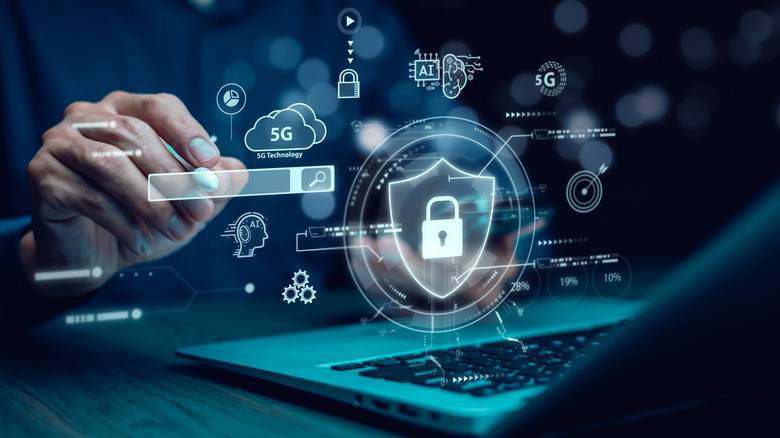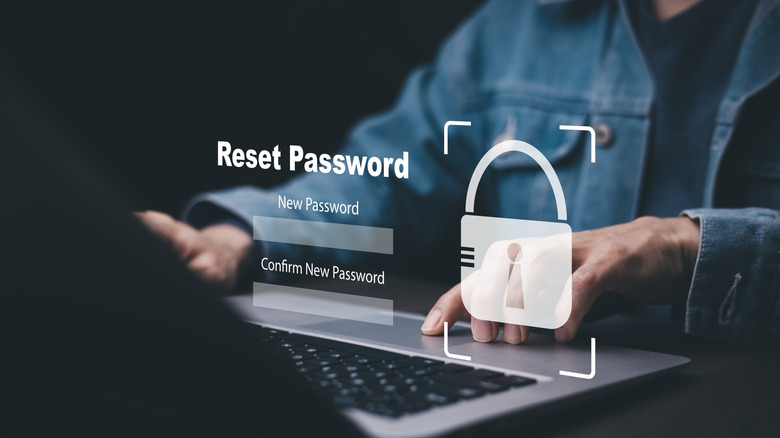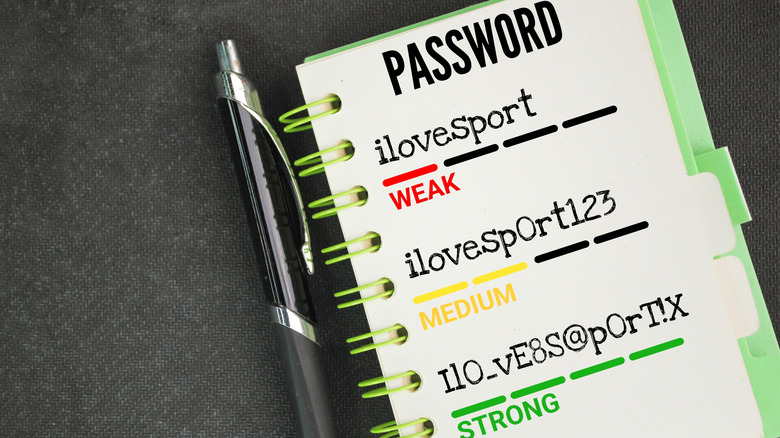How Often Should You Change Your Passwords? Here's What Security Experts Say
Passwords are usually the first, and sometimes only, line of defense against online security breaches. Unfortunately, even a strong password can still leave you vulnerable to cybersecurity threats. That's why it's crucial you make your passwords difficult to crack by doing things like enabling two-factor authentication and setting up passkeys.
Many assume that changing passwords frequently makes your account more secure. However, according to experts, that's just a myth. Dr. Jennifer Golbeck, a computer scientist and an associate professor at the University of Maryland, told AFP that changing passwords regularly might not be such a great idea after all, because people just end up using the same credentials over and over, only changing one number or letter.
So, how often should you change your passwords? The answer is not one-size-fits-all. It depends on several factors, such as whether you've ever been hacked, how strong your password is, and whether you're using a password manager. However, when it comes to cybersecurity, Dr. Jennifer Golbeck agrees that the most effective strategy is creating one strong, unique password per account and changing it only if there's evidence of compromise.
When should you change your passwords?
According to cybersecurity experts like Lorrie Cranor, changing your passwords on a routine schedule is not recommended. Still, there are certain times when doing so is absolutely necessary. For instance, if a website you use announces a data breach or you suspect your accounts have been hacked, that's your cue to update your password.
Moreover, unexpected "new device login" alerts or suspicious password reset emails are often the first signs of unauthorized access. When you notice unfamiliar locations in your activity log, or new settings that you can't remember changing, don't just dismiss them. It could be a false alarm, but updating your password is the best way to stay safe.
Another good time to change your password is when you've shared it with someone or when you've logged in on a public device. Even occasional password sharing can be dangerous, according to the National Cyber Security Council. It's best to make it a habit to change any shared passwords as soon as possible, especially for high-stakes accounts like email or banking. Ideally, don't share them in the first place.
Lastly, don't wait for a hacker to breach your account to strengthen your passwords. Replacing weak credentials with unique, complex passwords or using a password manager is a simple way to reduce the risk of cross-account attacks.
Expert recommendations for stronger password security
The secret to creating a unique password is balancing complexity with memorability. Lengthy passphrases like "Yellow@banana/#2023" are better than passwords that rely on random characters. Such passwords are more complicated to crack and easier to recall. Aim for 12 to 16 characters, mixing in unpredictable combinations of words, symbols, and numbers. Avoid using personal information like names or birthdays that hackers can easily guess, and don't reuse passwords across your accounts.
Remember that even the strongest password might also be vulnerable to cybersecurity threats. Adding a second layer of security, like enabling two-factor authentication, helps you stay safe. Pairing passwords with tools like fingerprint recognition adds another barrier. According to Akamai's Richard Meeus, this can make it harder for hackers to break in — even if your password gets exposed.
Since remembering dozens of unique, complex passwords is nearly impossible, investing in a password manager is a safe bet. These tools can generate passwords for you and store them safely. Still, even with a password manager, your most important accounts should have multi-factor authentication turned on.


